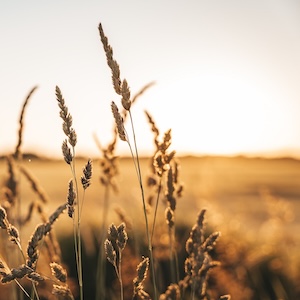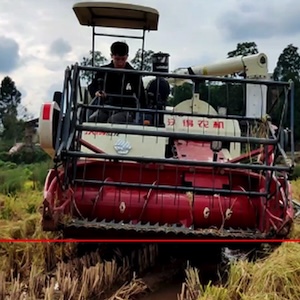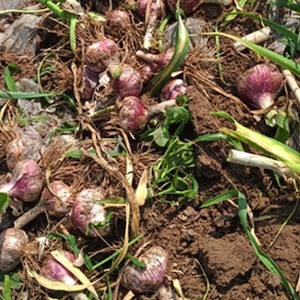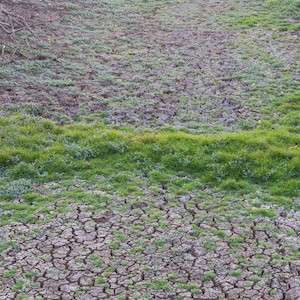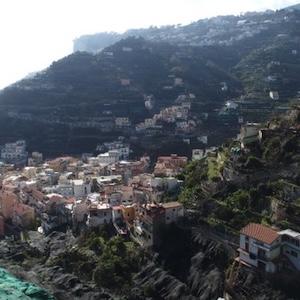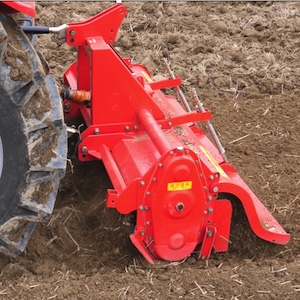Power need of an implement for removing polymer residues from the soil surface in Kazakh horticulture
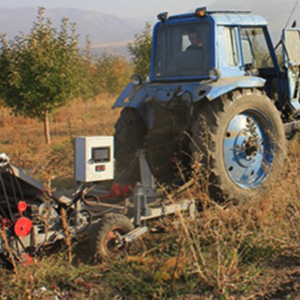
Published: 20 July 2022
Abstract Views: 825
PDF: 449
HTML: 38
HTML: 38
Publisher's note
All claims expressed in this article are solely those of the authors and do not necessarily represent those of their affiliated organizations, or those of the publisher, the editors and the reviewers. Any product that may be evaluated in this article or claim that may be made by its manufacturer is not guaranteed or endorsed by the publisher.
All claims expressed in this article are solely those of the authors and do not necessarily represent those of their affiliated organizations, or those of the publisher, the editors and the reviewers. Any product that may be evaluated in this article or claim that may be made by its manufacturer is not guaranteed or endorsed by the publisher.
Similar Articles
- Evelia Schettini, Giuliano Vox, GREENHOUSE PLASTIC FILMS CAPABLE OF MODIFYING THE SPECTRAL DISTRIBUTION OF SOLAR RADIATION , Journal of Agricultural Engineering: Vol. 41 No. 1 (2010)
- Paolo Damiani, Guido Ciollaro, Antonio Coppola, RICOSTRUZIONE DI PROFILI DI CONTENUTO D’ACQUA IN UN SUOLO STRUTTURATO SOTTOPOSTO A LAVORAZIONI , Journal of Agricultural Engineering: Vol. 39 No. 2 (2008)
- Simone Pascuzzi, Emanuele Cerruto, An innovative pneumatic electrostatic sprayer useful for tendone vineyards , Journal of Agricultural Engineering: Vol. 46 No. 3 (2015)
- Igor KovaÄev, Daniele De Wrachien, Report on the 44th International Symposium: Actual Tasks on Agricultural Engineering, 23rd-26th February 2016, Opatija, Croatia , Journal of Agricultural Engineering: Vol. 47 No. 1 (2016)
- Maria Elena Menconi, Massimo Chiappini, Jan L.M. Hensen, David Grohmann, Thermal comfort optimisation of vernacular rural buildings: passive solutions to retrofit a typical farmhouse in central Italy , Journal of Agricultural Engineering: Vol. 48 No. 3 (2017)
- Lorenzo Fiorineschi, Federico Rotini, Giuseppe Rossi, Leonardo Conti, Innovative process and technology for the production of wood mulch , Journal of Agricultural Engineering: Vol. 52 No. 1 (2021)
- Yerong Sun, Kechuan Yi, Agricultural machinery photoelectric automatic navigation control system based on back propagation neural network , Journal of Agricultural Engineering: Vol. 54 No. 4 (2023)
- Massimo Brambilla, Andrea Lazzari, Simone Giovinazzo, Francesco Tangorra, Aldo Calcante, Carlo Bisaglia, Operational evaluation of an optical sensor for the automatic in-line estimation of total mixed ration fibre length and particle size in a mixing wagon , Journal of Agricultural Engineering: Early Access
- Silvio Kosutic, Daniele De Wrachien, Report on the 41st International Symposium Actual Tasks on Agricultural Engineering, 19-22 February 2013, Opatija, Croatia , Journal of Agricultural Engineering: Vol. 44 No. 1 (2013)
- Francesca Valenti, Simona M.C. Porto, Giovanni Cascone, Claudia Arcidiacono, Potential biogas production from agricultural by-products in Sicily. A case study of citrus pulp and olive pomace , Journal of Agricultural Engineering: Vol. 48 No. 4 (2017)
<< < 28 29 30 31 32 33 34 > >>
You may also start an advanced similarity search for this article.

 https://doi.org/10.4081/jae.2022.1382
https://doi.org/10.4081/jae.2022.1382





